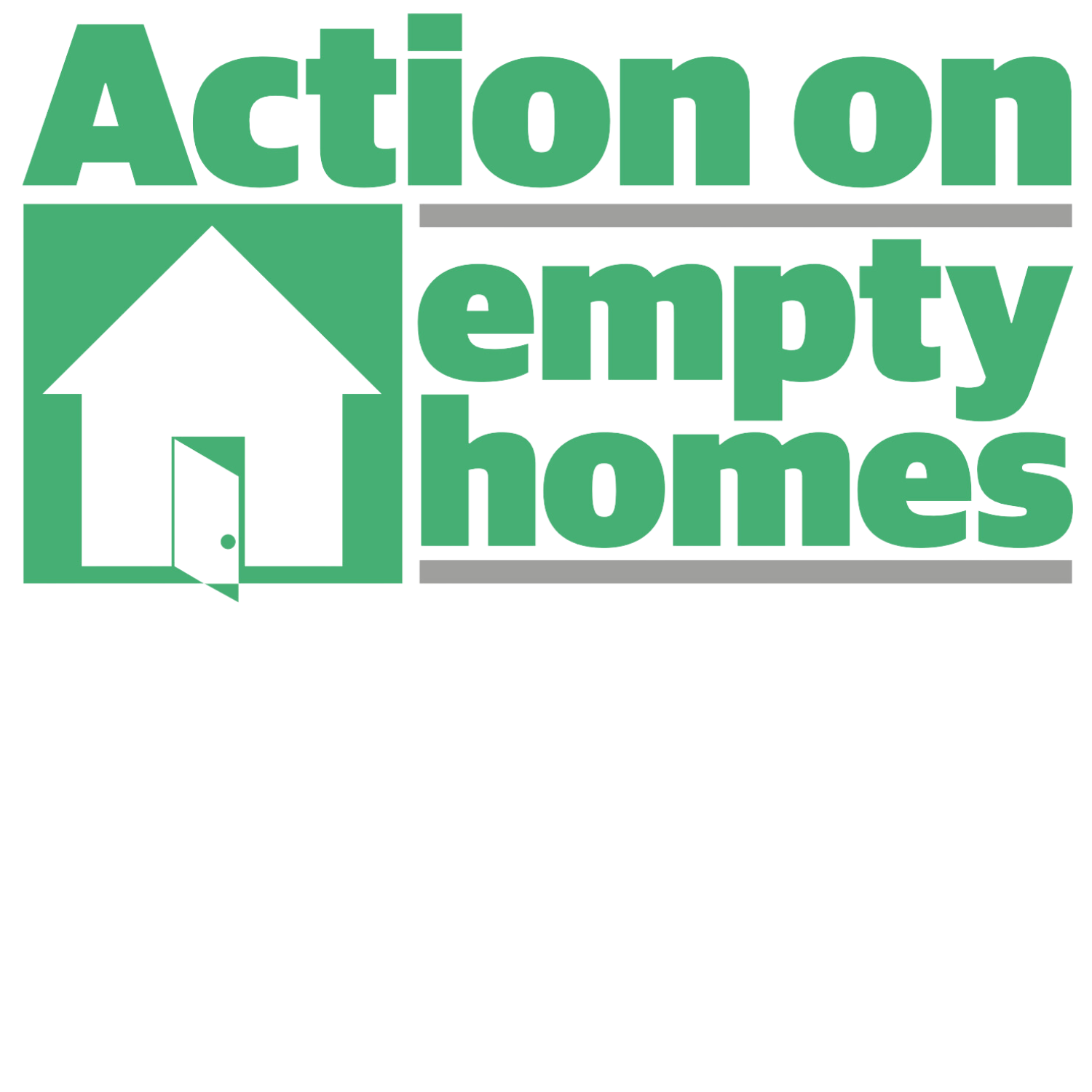..By Jack Portman —..February 2023
Wales Creates National Empty Homes Programme
On 30 January 2023 Welsh Climate Change Minister Julie James (Assembly Member for Swansea West) announced that a new £50 million National Empty Homes Grant Scheme would be implemented in Wales, to run over the next two years. The scheme will make grants available to owners or prospective owners of empty homes to allow them to remove safety hazards, increase energy efficiency, and take steps to make the properties habitable.
According to a Welsh Government press release, grants of up to £25,000 for homeowners and prospective homeowners, registered social landlords, local authorities, and community housing groups will be accessible provided the property in question has been registered with the local authority as an empty property for a period of at least one year prior to the beginning of any works funded through the scheme. After the works are completed, grant recipients must occupy the property for at least 5 years.
According to the Minister, “The funding announced today will be used to reduce the number of empty properties and, therefore, increase housing supply.”
Current data suggest there are 22,000 long-term empty homes in Wales, and officials estimate that the National Empty Homes Grant Scheme could see up to 2,000 of these empty homes returned to use.
Both Wales and Scotland now boast national empty homes programmes, while England has yet to establish any such national-level programme to return empty homes to use or channel funding towards such projects. Meanwhile, England’s stock of empty homes continues to grow and now exceeds 500,000 homes.
It is striking that in addition to these programmes, both the Welsh and Scottish Governments have also been addressing other forms of vacancy as the UK’s housing crisis intensifies, at a time when both rents and house prices have been rising to historically high levels. Both Scotland and Wales have taken steps to address the short let market, either by imposing licensing schemes to limit the number of Airbnb and other short term let properties (as in the case of Scotland) or by introducing residential use classes to distinguish between primary residences and second homes (as in the case of Wales).
Underutilised second homes and empty homes impact local housing stocks, creating pressure for the construction of expensive new-builds which tend to price out local residents as out-of-town buyers acquire properties as investments. These new-build investment properties are often destined for the short-let market.
If those on average wages can’t afford to buy new-build homes and are not allowed to rent them as a place to live, then these aren’t ‘local homes for local people’ at all. Rather, they are yet another investment for someone else’s portfolio, exploiting their neighborhood and shutting them out of access to affordable housing. So much for levelling up – some would say that England needs to look to housing policy in the rest of the UK to move forward.
The most comprehensive empty homes data
We spend time understanding the data on empty homes and underutilisation. It makes us more effective campaigners and it helps everyone understand the enormity of the problem and the solutions that could help bring empty homes back into use.

